HOW OFTEN SHOULD YOUR BRAND CHANGE ITS RETAIL IDENTITY DESIGN?
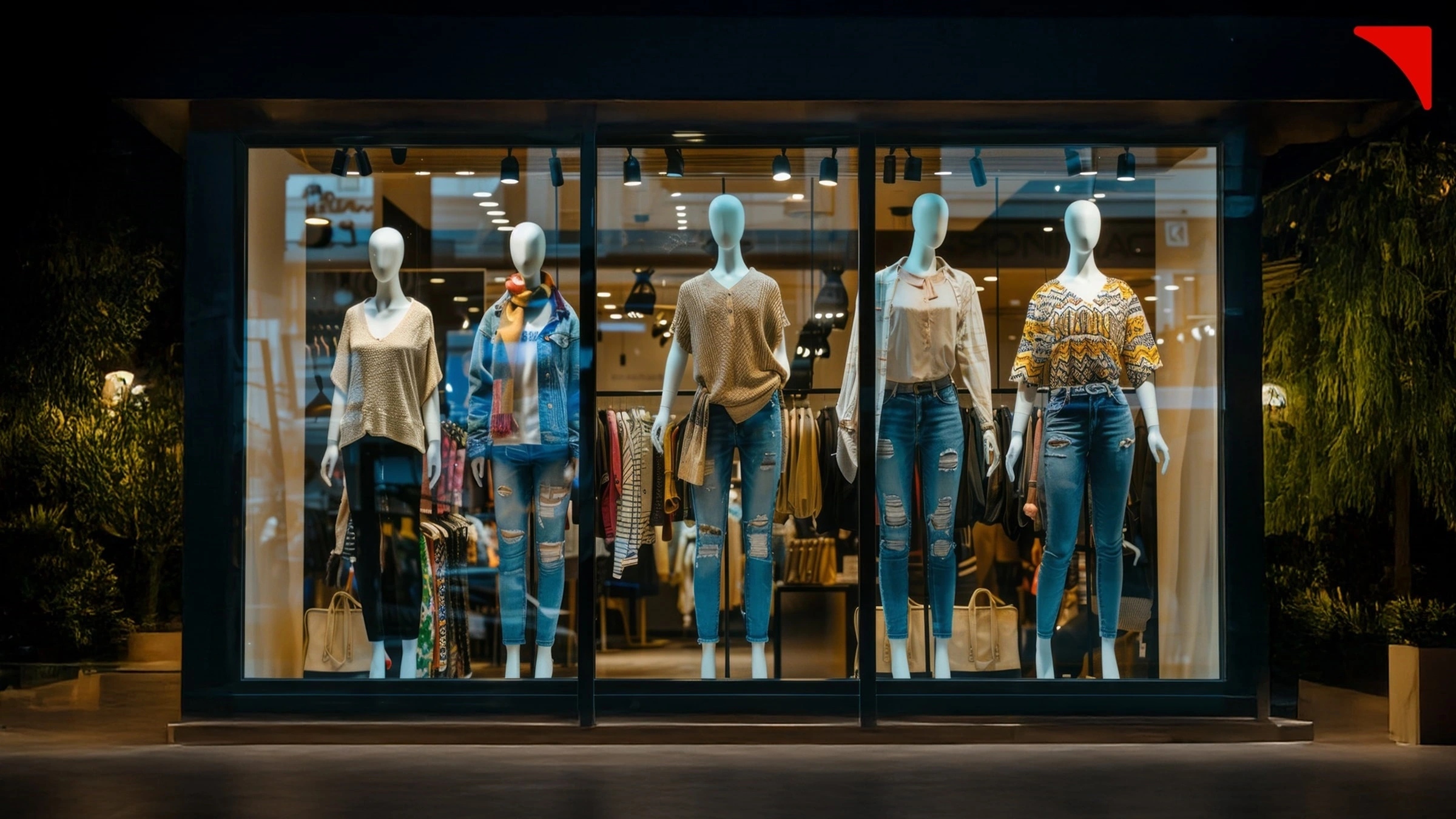
In today's fast-paced world, consumers are ever more experimental and flexible. They're readily drawn to new brands that correspond to their values. What does this mean for the fascia of your brand - the very face it presents to the world? Should it stay static or rather receive a refresh? Let's consider a few questions to ask yourself when considering refreshing a brand fascia.
1.) Have you lost your brand refresh sooner than you wished it had?
Perhaps you have spent big on an expensive brand update only to see it fall in the background within six months. Are you caught in the cycle of fast-changing consumer demands and brand fatigue?
2.) Does your current retail identity design resonate with the audience of today?
Is your brand keeping pace with the values of society and nudging toward sustainability, inclusivity, and innovation? Is the very essence of your brand moving along with the times or stuck in the past?
3.) Are your digital touchpoints still relevant?
Think of this: At a time when digital transformation is sweeping each sector, are your digital touchpoints as engaging today as they were last year? Does the online experience of your brand mirror that of an in-store one?
4.) Can your brand survive without visual updates?
What may seem cosmetic is a matter of perception. How long can your brand survive when it is perceived to be old by a generation that is constantly looking for something new?
Reasons for fascia renovation
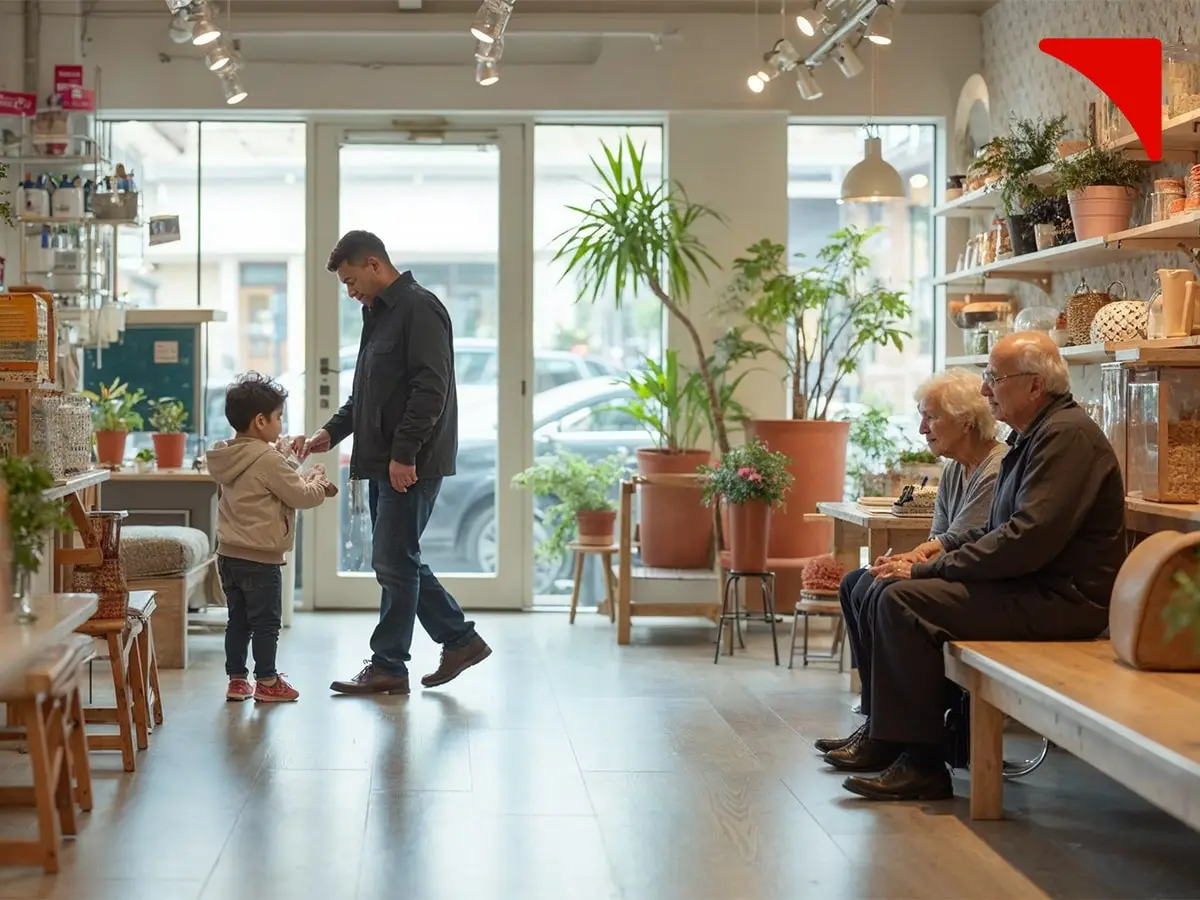
The only thing constant in this world is change and it applies to every single thing out there, including brand facelifts. In the past few years, we have noticed a few drivers that have pushed the frequency of brand facelifts to 11.
1.) Chrono-Normativity Shifts
Consumers today no longer fit into neat age profiles. The young ones are aging faster, and older folks are acting younger. The brand needs to bridge this large multigenerational market with both nostalgia and modernity. Would you say your brand is fresh across the age range?
2.) Eco-accountability
The earth is seeing it, and so are your customers. We’re in an age where environmental consciousness isn’t just a sprinkle on the top, but an expected consideration. With governmental regulations becoming stricter all around the world, how long will it take before you alienate the consumers who live their lives practicing the values of sustainability?
3.) Geo-political tensions
Global inequality is growing - be it political, economic, or purely based on gender. Forget taking sides, if consumers smell just a hint of ambiguity on the brand’s part, they risk disengagement among a significant chunk of the population. Therefore, does your brand’s retail identity design rest upon values that exemplify equality?
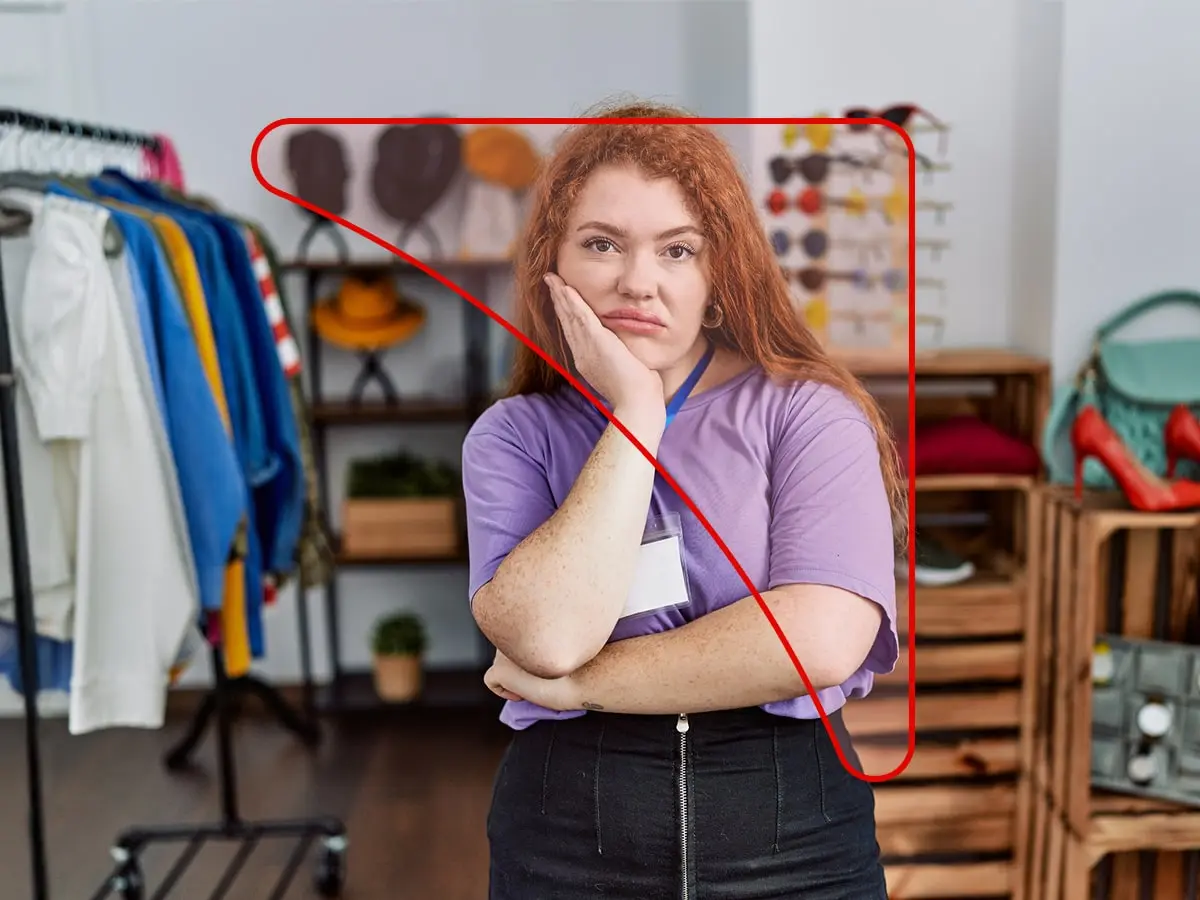
Despite a plethora of advantages, being on the fence of a commitment as big as fascia refreshment is reasonable. We hear you, but we would also like to furnish an alternate scenario, a scenario in which you choose not to go ahead with it.
1.) Loss of Brand Salience:
Despite being the epitome of flesh and grey matter, humans are extremely tunnel-visioned in the grander scheme of things. If your brand isn’t present at the center of their attention, your brand doesn’t exist at all. Although quite grim, it’s especially true in the fast-moving world of today as an archaic fascia can result in loss of brand association, which ultimately leads to a loss in brand recall.
2.) Dilation of Brand Equity:
Studies have shown that people are more reciprocating and off their guard if a person responds in their language. Thinking of visual retail identity design as a language, a language of a particular demographic helps in generating trust and an emotional connection. A brand equity is highly sensitive to their visual retail identity design, as a strong fascia is seen to drive higher prices in exchange for an experience found nowhere else, meanwhile, a weak fascia is correlated with a weaker sense of loyalty among consumers.
3.) Competitor Advantage:
Would you like to market through pamphlets in a world of loudspeakers? Working on the brand fascia is like shouting ME! ME! ME! in a language that they understand - the more frequent a brand works on its retail identity design, the louder that brand shouts.
Minimizing the burden on your brand coffers, while also renovating your brand’s fascia
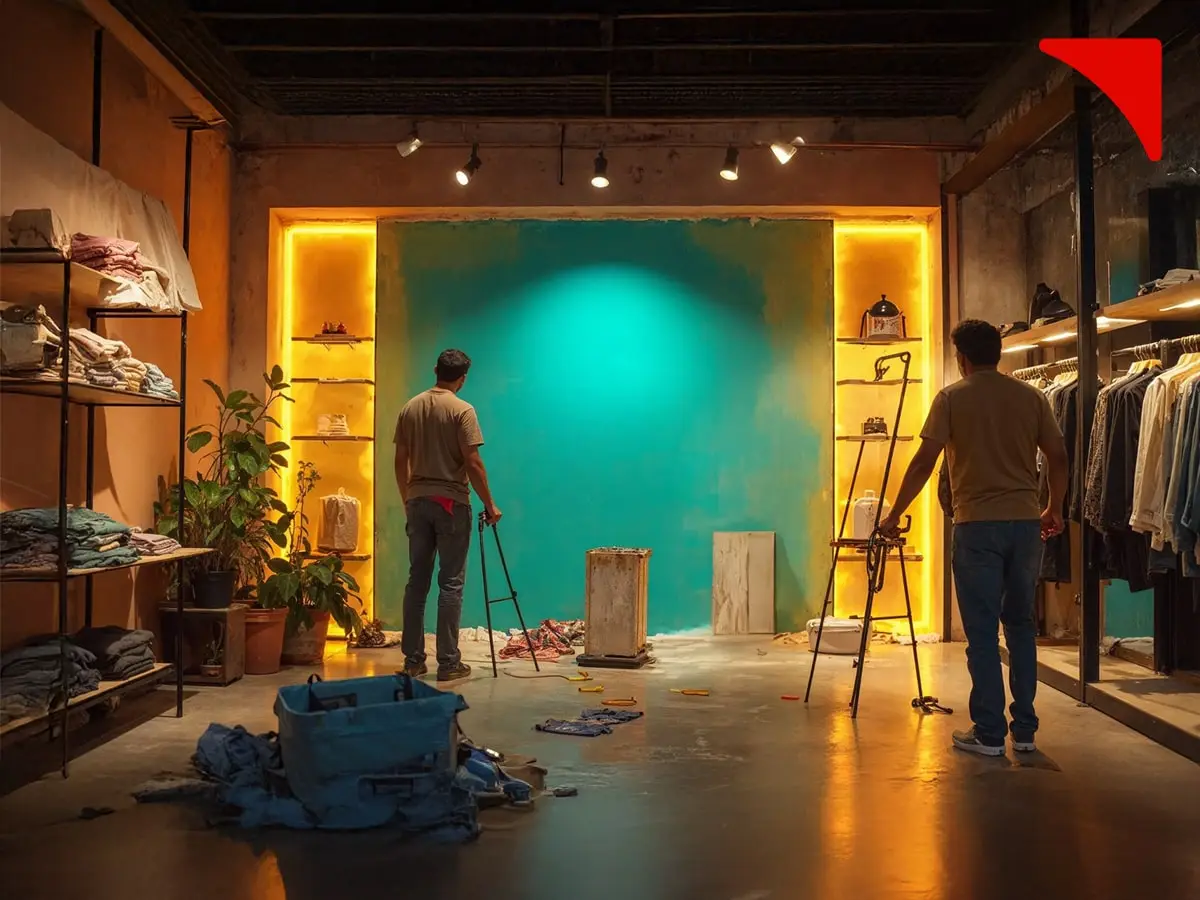
As the frequency of brand updates intensifies, what are possible strategies toward cost optimization without ever hampering quality? Here are a few strategies engaged in reducing expenditure while still maintaining the integrity of the brand:
1.) Cost-Value Engineering
Design visual elements flexibly and adaptably. In addition, collaborate with reliable and long-term suppliers or try to bargain competitively for lower costs for the number of updates.
2.) Combos and Bundling
Package products or services under your retail identity design. Limited-time, exclusive offers can create a sense of urgency and recognition, always keeping your brand on the minds of consumers at no cost to campaigns.
3.) Influencer Marketing
Work with influencers that own your retail identity design. When they use your brand's fascia in their content, this will strengthen your brand because it is organic, thus enhancing recognition.
4.) Cultural Resonance
Tap into local culture through your brand's fascia. Whether it's sponsorship of community events or a play on cultural elements in your visuals, staying true to local values can only help to create more intimate relationships with consumers.
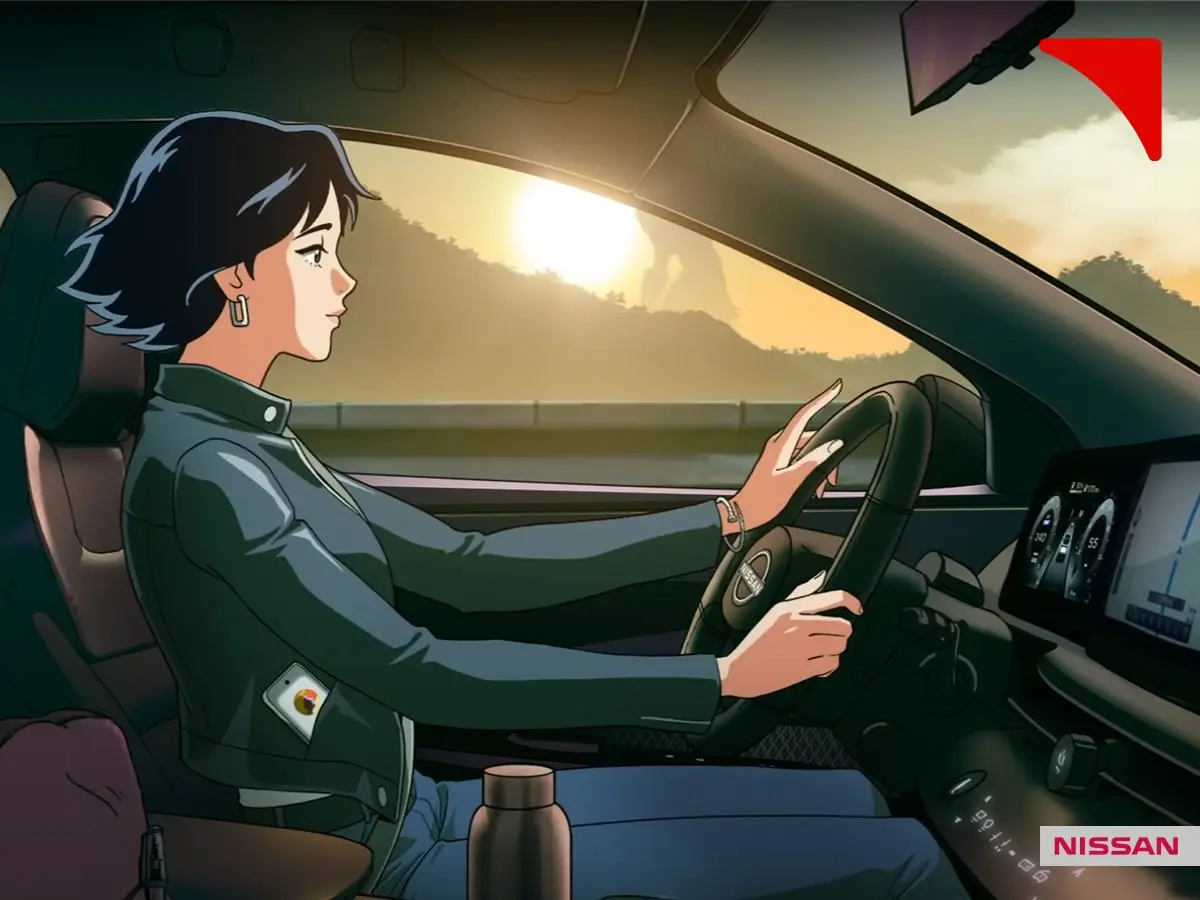
Nissan did a brilliant job in advertising Ariya, a car new at the time, while integrating values of tranquility and sustainability within the brand, alongside tapping into popular culture, without disrupting the overall experience. Taking inspiration from a popular YouTube live stream of Lofi Girl, Nissan animated a woman driving Ariya, with the soothing beats of lofi drums and keys playing in the background.
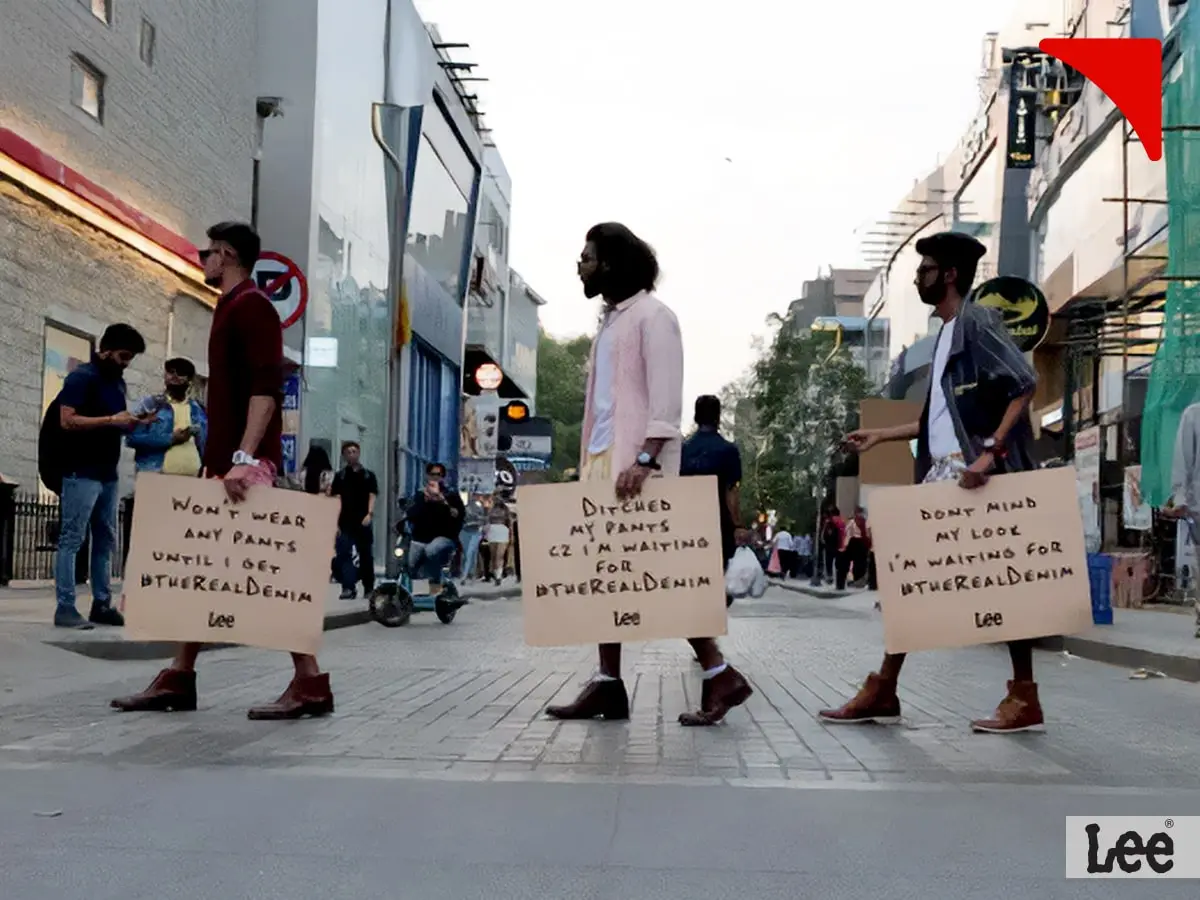
Lee, a popular denim brand, shook the Indian market with a guerilla branding campaign that was truly one for ages. They had 30 boxer-cladded men in the stands holding a sign that said “holding out for Lee’s new range”, playing on the sheer shock value and intrigue. this low-cost, high-impact activity built consumer interest while establishing Lee’s brand identity as fun, friends, edgy, and risk-taking.